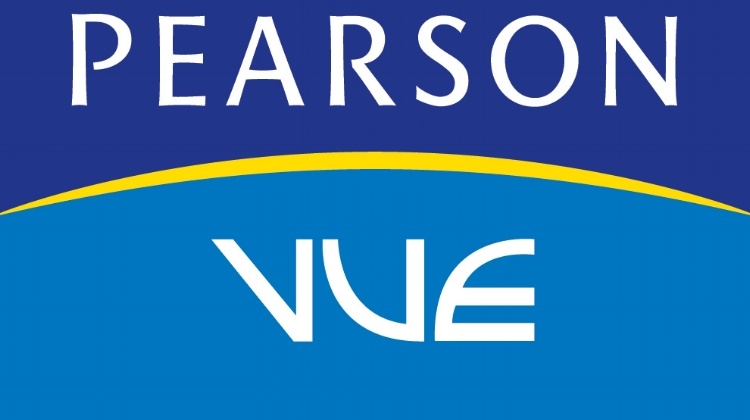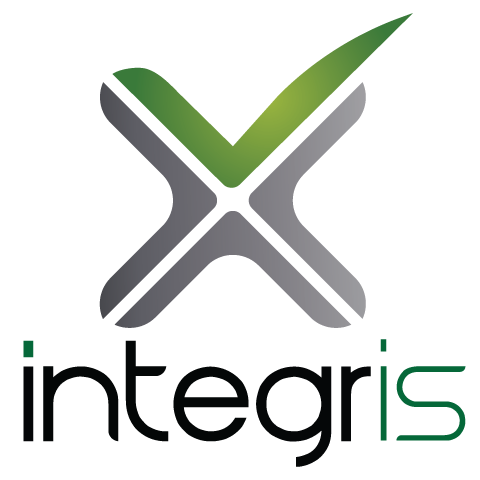6MG001 – Organisation Behaviour
By Corinne Fenech
Have you ever considered organisations as simply a group of people who come together to achieve particular goals? Think about it, they are. But the wonder is that people achieve together much more than the sum of what individuals can accomplish on their own. People come together and form organisations for all sorts of goals, from manufacturing toys to manufacturing weapons, from giving joy rides to tourists to offering meals to the homeless and the possibilities are endless. Ranging from global organisations to individual entrepreneurs they all form part of one gigantic network which makes the world go round. Organisational Behaviour questions how people come together, what makes them work together and what makes them fall out of love with what they do. Think of it as one big funnel starting with the broader subjects and filtering down to what makes us unique individuals. Together we explore the interconnections from the broader environment, to organisational culture, to how teams operate and onto individual differences. We debate how organisations operate as part of the gigantic network, how they influence and are influenced by each other and their responsibilities towards the society which allows them to operate. We explore, question, and discuss subjects which really matter like; can we make people want to come to work? And should we? What forces of power are at play in organisations? How do individuals fit in organisations? And most importantly who do I want to be and what will be my impact? During our weeks together we discuss all this and much more. If you would like to join in on this course, come prepared to share your opinions in an environment where no idea is too stupid to be discussed and to be open to forming new opinions based on academic teachings and real-life examples.
I find this subject fascinating. Don’t you?
















